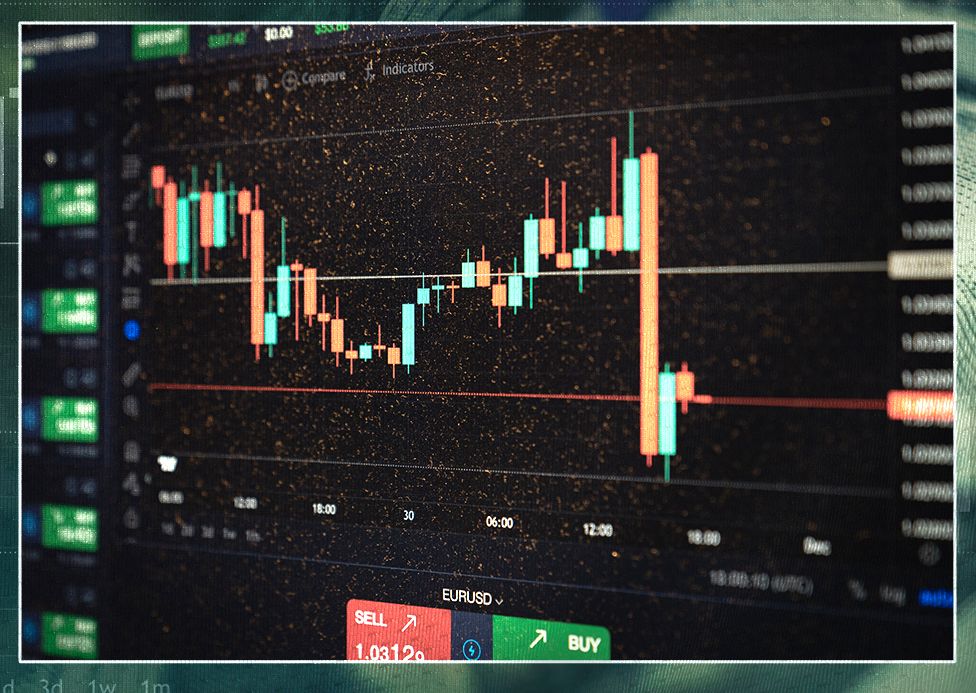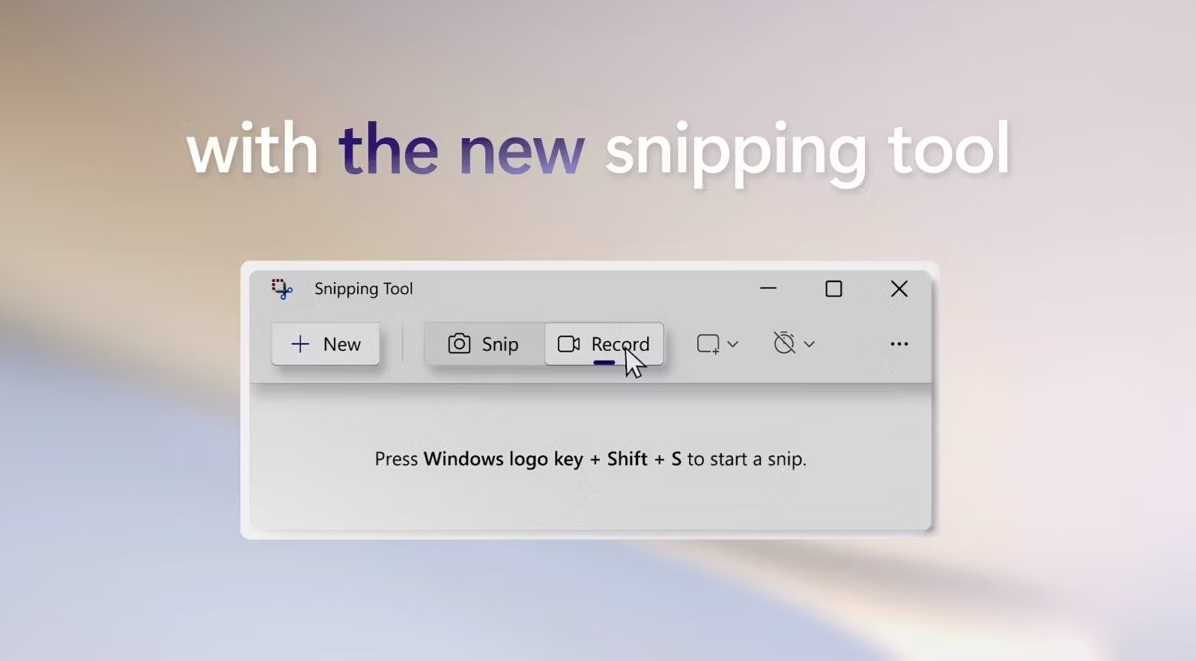Today, the Department of Commerce’s National Telecommunications and Information Administration (NTIA) launched a request for comment (RFC) to advance its efforts to ensure artificial intelligence (AI) systems work as claimed – and without causing harm. The insights gathered through this RFC will inform the Biden Administration’s ongoing work to ensure a cohesive and comprehensive federal government approach to AI-related risks and opportunities.
[…]
NTIA’s “AI Accountability Policy Request for Comment” seeks feedback on what policies can support the development of AI audits, assessments, certifications and other mechanisms to create earned trust in AI systems that they work as claimed. Much as financial audits create trust in the accuracy of a business’ financial statements, so for AI, such mechanisms can help provide assurance that an AI system is trustworthy in that it does what it is intended to do without adverse consequences.
[…]
President Biden has been clear that when it comes to AI, we must both support responsible innovation and ensure appropriate guardrails to protect Americans’ rights and safety. The White House Office of Science and Technology Policy’s Blueprint for an AI Bill of Rights provides an important framework to guide the design, development, and deployment of AI and other automated systems. The National Institute of Standards and Technology’s (NIST) AI Risk Management Framework serves as a voluntary tool that organizations can use to manage risks posed by AI systems.
Comments will be due 60 days from publication of the RFC in the Federal Register.
[…]





